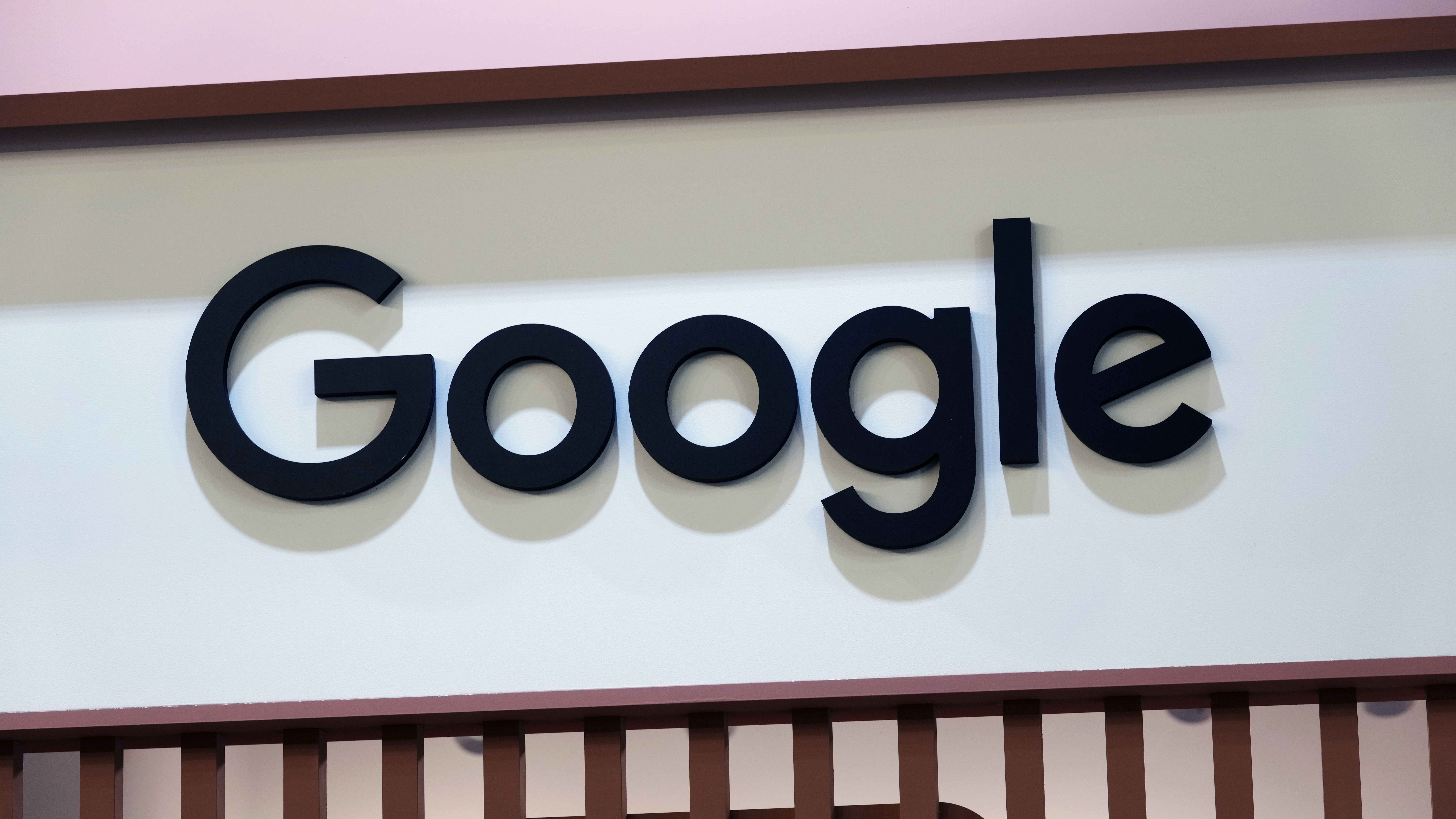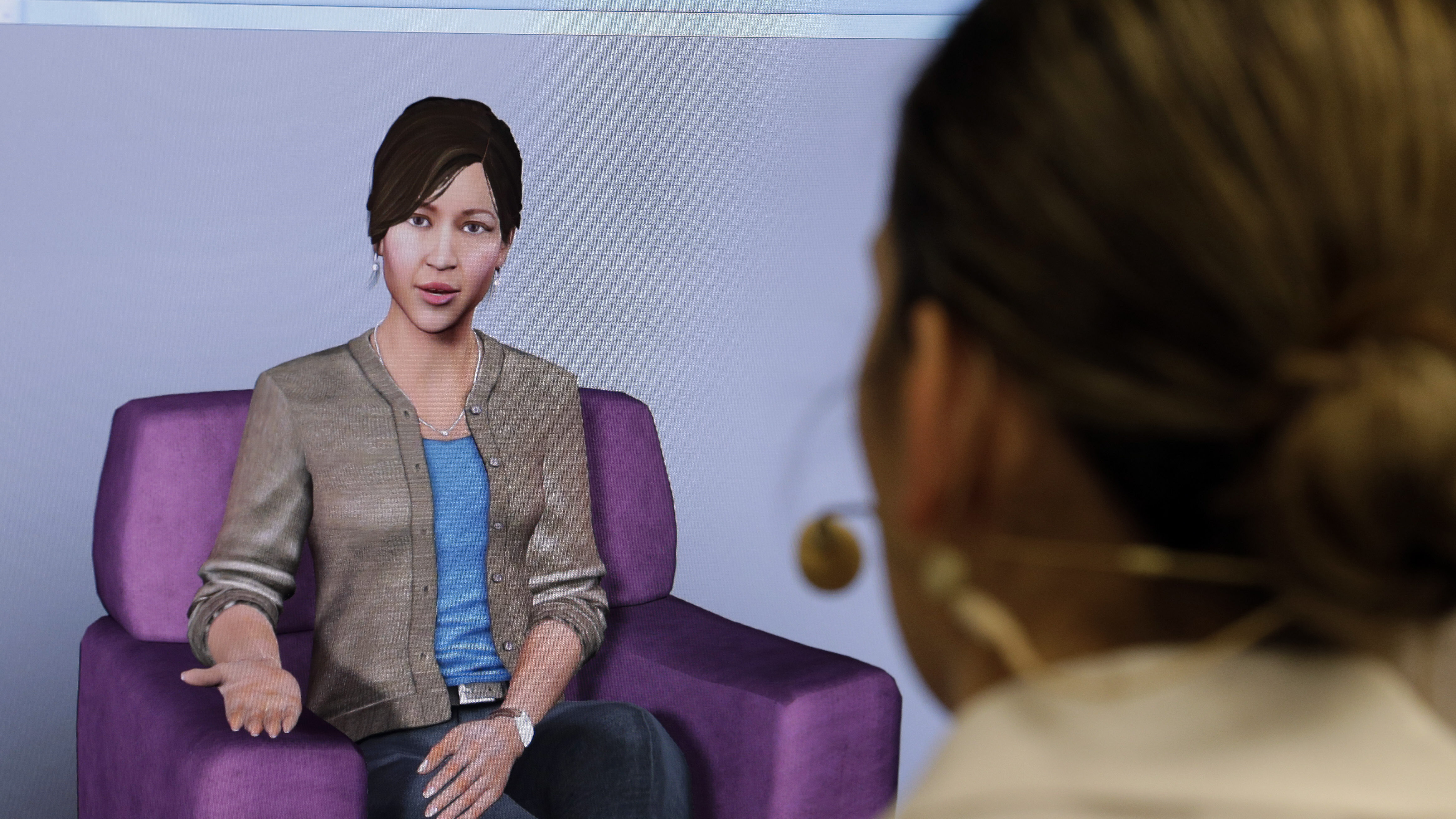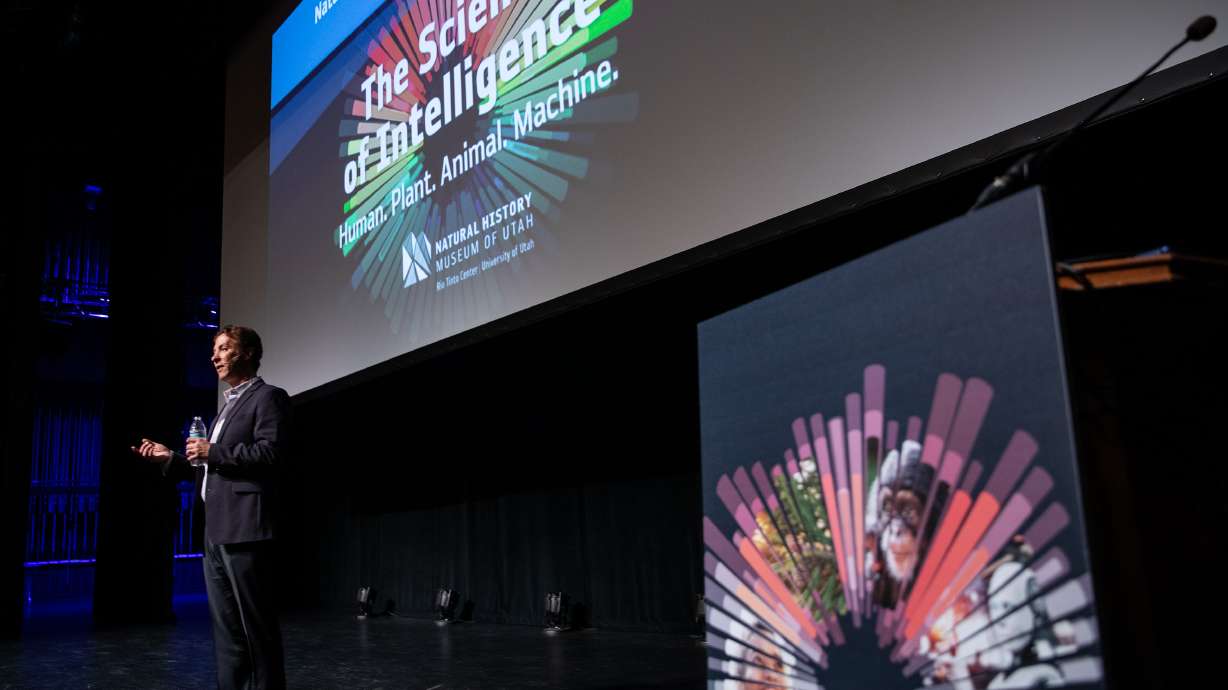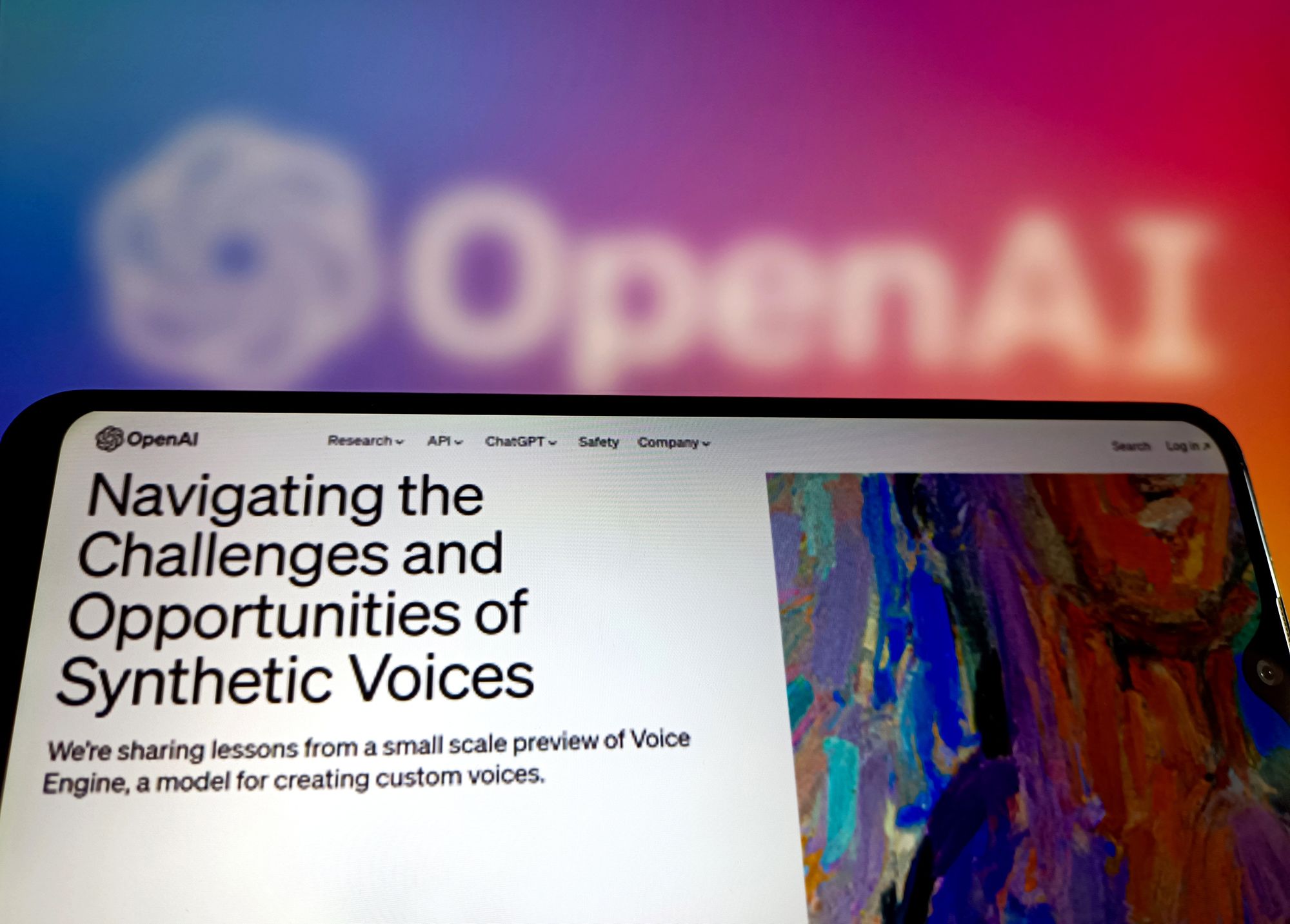Google to expand misinformation ‘prebunking’ in Europe
Feb 14, 2023, 8:00 AM | Updated: Feb 15, 2023, 7:39 am

FILE - The Google logo is seen at the Vivatech show in Paris, France, June 15, 2022. Google is expanding an initiative that shows promise in fighting online misinformation. The tech company announced Monday that it will roll out a new “prebunking” campaign in Germany. Pre-bunking works like a viral inoculation by priming a person's critical thinking skills to make them more resistant to false claims. (AP Photo/Thibault Camus, File)
Credit: ASSOCIATED PRESS
(AP Photo/Thibault Camus, File)
WASHINGTON (AP) — After seeing promising results in Eastern Europe, Google will initiate a new campaign in Germany that aims to make people more resilient to the corrosive effects of online misinformation.
The tech giant plans to release a series of short videos highlighting the techniques common to many misleading claims. The videos will appear as advertisements on platforms like Facebook, YouTube or TikTok in Germany. A similar campaign in India is also in the works.
It’s an approach called prebunking, which involves teaching people how to spot false claims before they encounter them. The strategy is gaining support among researchers and tech companies.
“There’s a real appetite for solutions,” said Beth Goldberg, head of research and development at Jigsaw, an incubator division of Google that studies emerging social challenges. “Using ads as a vehicle to counter a disinformation technique is pretty novel. And we’re excited about the results.”
While belief in falsehoods and conspiracy theories isn’t new, the speed and reach of the internet has given them a heightened power. When catalyzed by algorithms, misleading claims can discourage people from getting vaccines, spread authoritarian propaganda, foment distrust in democratic institutions and spur violence.
It’s a challenge with few easy solutions. Journalistic fact checks are effective, but they’re labor intensive, aren’t read by everyone, and won’t convince those already distrustful of traditional journalism. Content moderation by tech companies is another response, but it only drives misinformation elsewhere, while prompting cries of censorship and bias.
Prebunking videos, by contrast, are relatively cheap and easy to produce and can be seen by millions when placed on popular platforms. They also avoid the political challenge altogether by focusing not on the topics of false claims, which are often cultural lightning rods, but on the techniques that make viral misinformation so infectious.
Those techniques include fear-mongering, scapegoating, false comparisons, exaggeration and missing context. Whether the subject is COVID-19, mass shootings, immigration, climate change or elections, misleading claims often rely on one or more of these tricks to exploit emotions and short-circuit critical thinking.
Last fall, Google launched the largest test of the theory so far with a prebunking video campaign in Poland, the Czech Republic and Slovakia. The videos dissected different techniques seen in false claims about Ukrainian refugees. Many of those claims relied on alarming and unfounded stories about refugees committing crimes or taking jobs away from residents.
The videos were seen 38 million times on Facebook, TikTok, YouTube and Twitter — a number that equates to a majority of the population in the three nations. Researchers found that compared to people who hadn’t seen the videos, those who did watch were more likely to be able to identify misinformation techniques, and less likely to spread false claims to others.
The pilot project was the largest test of prebunking so far and adds to a growing consensus in support of the theory.
“This is a good news story in what has essentially been a bad news business when it comes to misinformation,” said Alex Mahadevan, director of MediaWise, a media literacy initiative of the Poynter Institute that has incorporated prebunking into its own programs in countries including Brazil, Spain, France and the U.S.
Mahadevan called the strategy a “pretty efficient way to address misinformation at scale, because you can reach a lot of people while at the same time address a wide range of misinformation.”
Google’s new campaign in Germany will include a focus on photos and videos, and the ease with which they can be presented of evidence of something false. One example: Last week, following the earthquake in Turkey, some social media users shared video of the massive explosion in Beirut in 2020, claiming it was actually footage of a nuclear explosion triggered by the earthquake. It was not the first time the 2020 explosion had been the subject of misinformation.
Google will announce its new German campaign Monday ahead of next week’s Munich Security Conference. The timing of the announcement, coming before that annual gathering of international security officials, reflects heightened concerns about the impact of misinformation among both tech companies and government officials.
Tech companies like prebunking because it avoids touchy topics that are easily politicized, said Sander van der Linden, a University of Cambridge professor considered a leading expert on the theory. Van der Linden worked with Google on its campaign and is now advising Meta, the owner of Facebook and Instagram, as well.
Meta has incorporated prebunking into many different media literacy and anti-misinformation campaigns in recent years, the company told The Associated Press in an emailed statement.
They include a 2021 program in the U.S. that offered media literacy training about COVID-19 to Black, Latino and Asian American communities. Participants who took the training were later tested and found to be far more resistant to misleading COVID-19 claims.
Prebunking comes with its own challenges. The effects of the videos eventually wears off, requiring the use of periodic “booster” videos. Also, the videos must be crafted well enough to hold the viewer’s attention, and tailored for different languages, cultures and demographics. And like a vaccine, it’s not 100% effective for everyone.
Google found that its campaign in Eastern Europe varied from country to country. While the effect of the videos was highest in Poland, in Slovakia they had “little to no discernible effect,” researchers found. One possible explanation: The videos were dubbed into the Slovak language, and not created specifically for the local audience.
But together with traditional journalism, content moderation and other methods of combating misinformation, prebunking could help communities reach a kind of herd immunity when it comes to misinformation, limiting its spread and impact.
“You can think of misinformation as a virus. It spreads. It lingers. It can make people act in certain ways,” Van der Linden told the AP. “Some people develop symptoms, some do not. So: if it spreads and acts like a virus, then maybe we can figure out how to inoculate people.”
___
Follow the AP’s coverage of misinformation at https://apnews.com/hub/misinformation.













